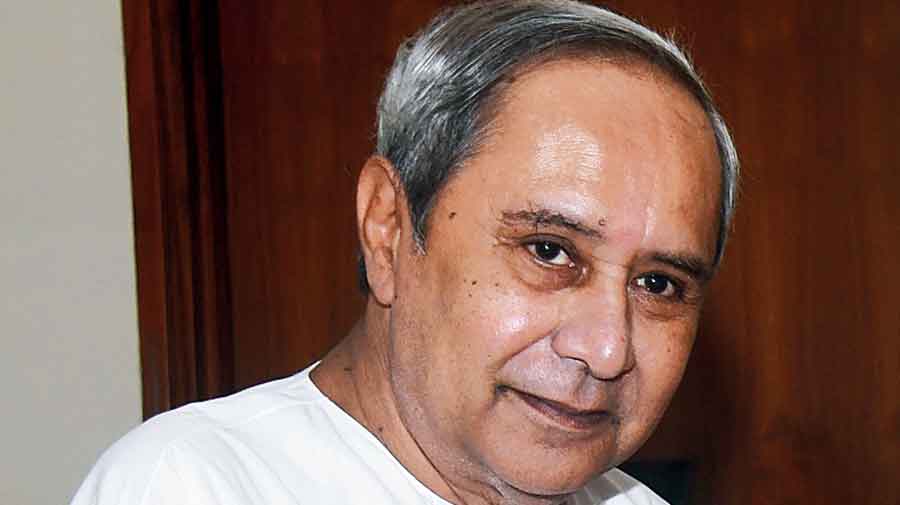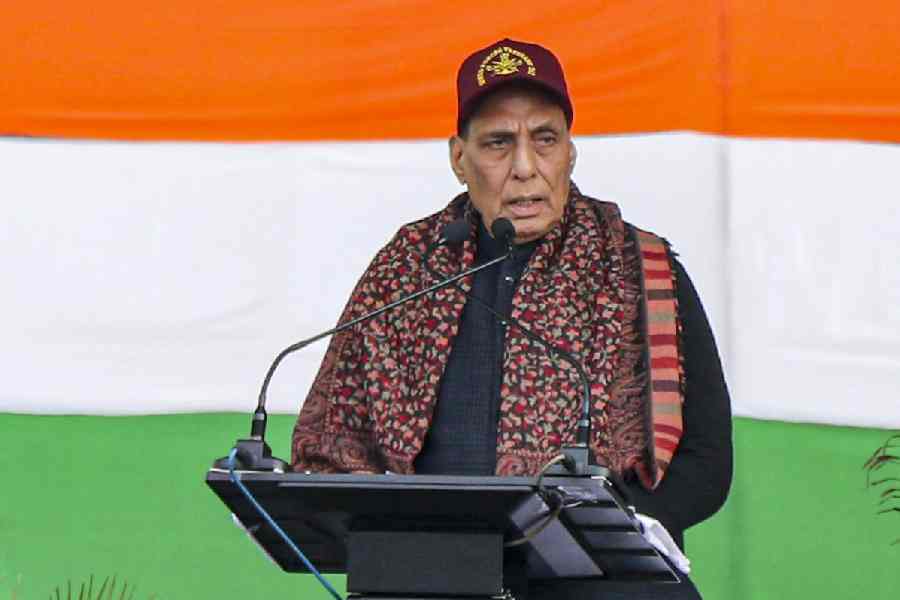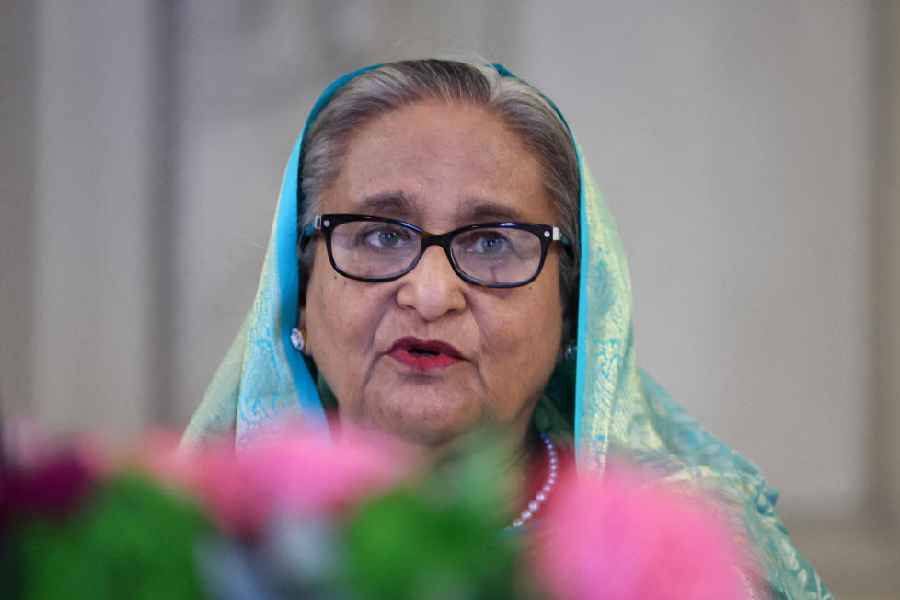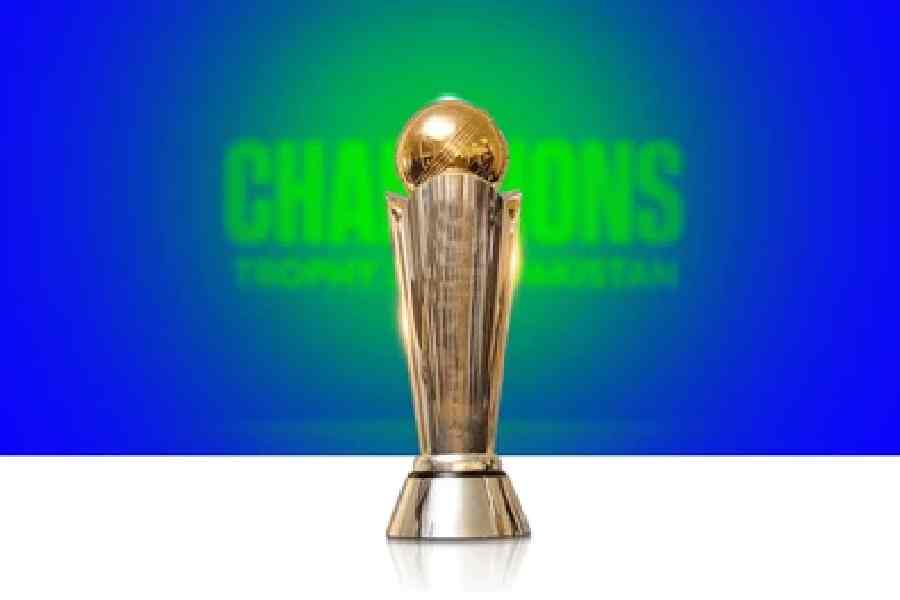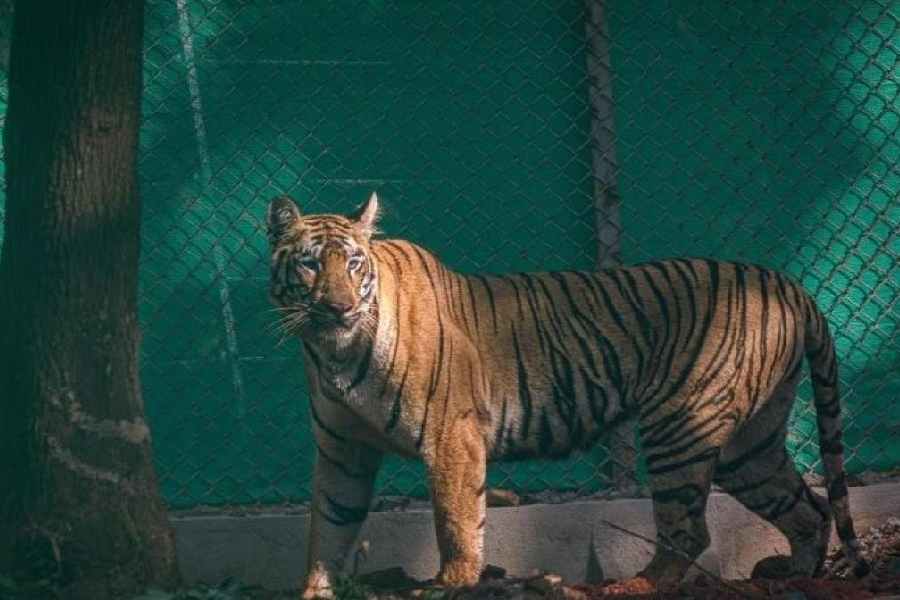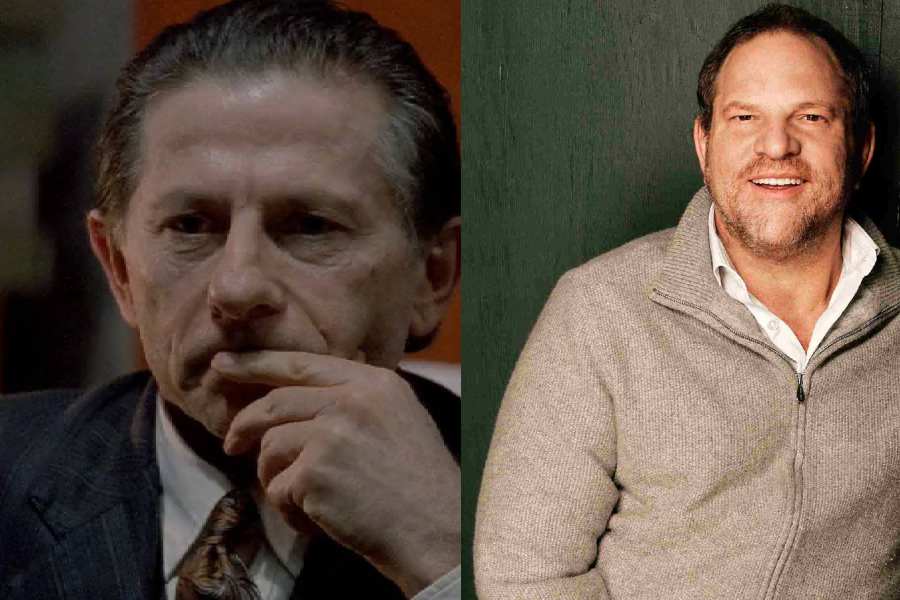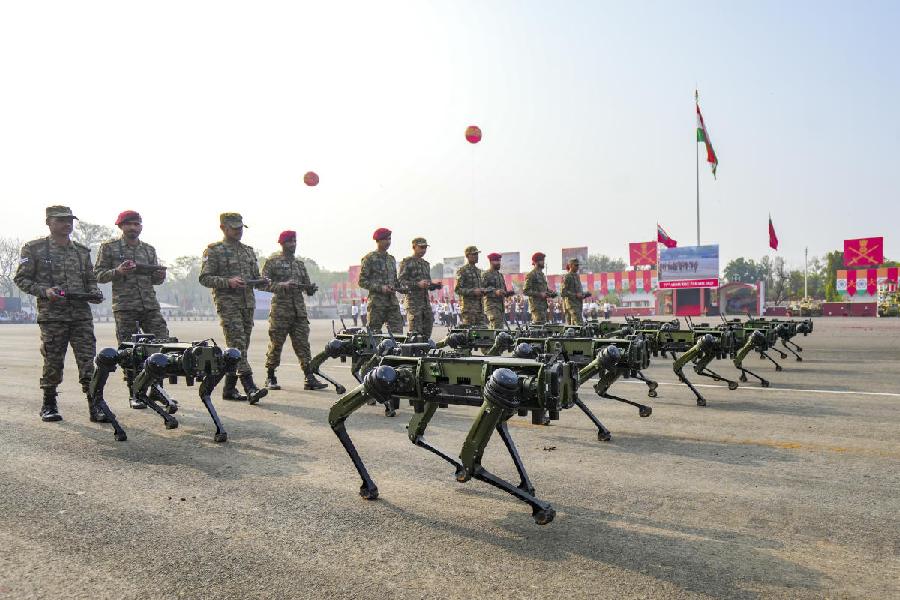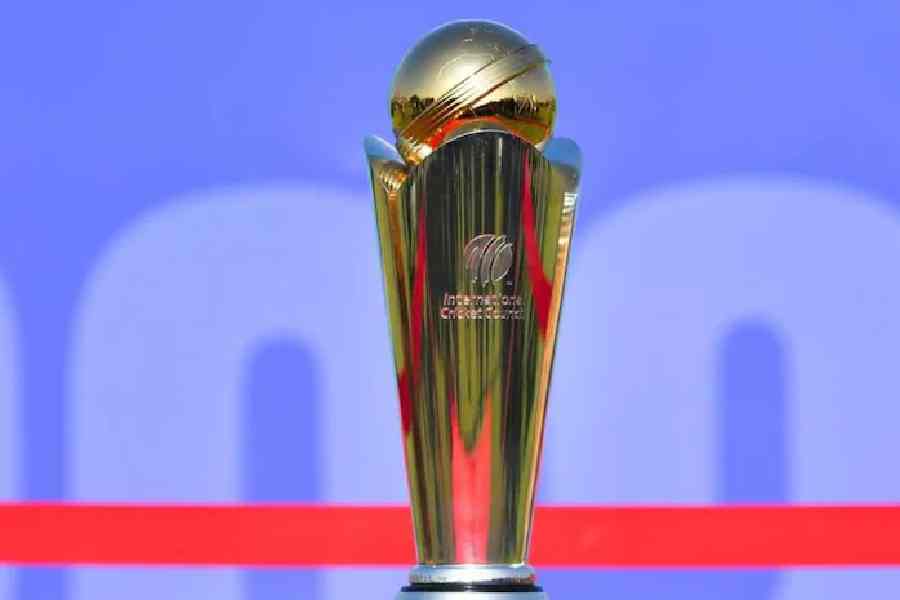Odisha chief minister Naveen Patnaik on Monday launched the Mukhyamantri Vayu Swasthya Seva (Air Health Services) to provide quality health service to the people belonging to the remote parts of the state.
Under the scheme, specialist doctors will be flown to remote areas of the state to treat patients admitted into their respective district headquarter hospitals.
The patients will no longer need to come from the districts to the Sriram Chandra Bhanj Medical Medical College and Hospital, Cuttack, or any reputed hospitals in Bhubaneswar for treatment covering a distance of nearly 500km in an ambulance.
They also need not come to other government medical colleges such as Maharaja Krushna Chandra Gajapati Medical College and Hospital in Berhampur or Veer Surendra Sai Institute of Medical Sciences and Research in Sambalpur. The air services will be available to four districts of the state- Malkangiri, Nabarangpur, Nuapada, and Kalahandi- in the first phase.
A team of doctors also flew to Malkangiri on the first day of the launching of the Chief Minister’s Air health service.
“All the services are free of cost. If required, critical patients will be airlifted to Bhubaneswar and Cuttack,” said state health minister Naba Kishore Das.
The state government has launched the air health service as most of the eminent doctors from Cuttack and Bhubaneswar are reluctant to go to these districts on duty. Though the state government has announced several lucrative incentives to motivate the doctors to serve the areas for at least three years in these respective districts, most of them are still reluctant to go.
Besides, many doctors prefer to quit their jobs instead of going to serve the patients in these districts. More than 2,500 doctors' posts are lying vacant in the state.
“Taking all these into consideration, the state government has decided to launch the air service so that the poor are not deprived of quality health services,” said a senior government official.
Officials maintained that a team of doctors comprising specialists of different streams - neurologists, nephrologists, and cardiologists would be formed. Even the state government will rope in specialists working in different private hospitals and make a list of doctors willing to work.
Once the district headquarters hospital informs that a particular patient needs surgery or a particular form of treatment immediately, a specialised team will be rushed to the district headquarter using the specialised chopper service of the state government.
To provide the best of treatment, the district hospitals will be converted to super-specialty hospitals. All the modern equipment and medicines will be available in the district hospitals.

